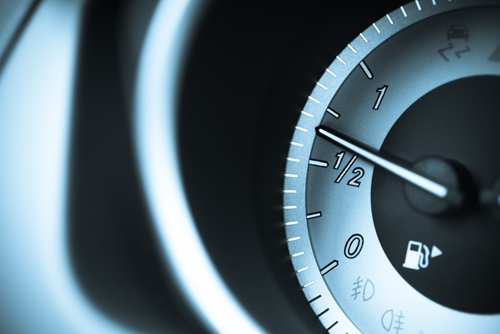



As federal regulators study updates to Corporate Average Fuel Economy (CAFE) regulations, automakers are lobbying them to recognize the influence of new technologies. Mitch Bainwol, president and CEO of the Alliance of Automobile Manufacturers, says that systems such as anti-braking methods can have a direct effect on fuel efficiency and make cars cleaner. The Alliance represents many of the world's leading automakers, both American and the U.S. branches of European and Japanese companies.
Its reasoning is that a reduction in the number of accidents will bring about better traffic flow on America's roadways. According to researchers at the University of California, Riverside, vehicle emissions could drop by as much as 30 percent as a direct result of self-braking and similar systems.
In the U.S., the Environmental Protection Agency (EPA) and National Highway Traffic Safety Administration (NHTSA) have set a target of 54.5 miles per gallon for cars and trucks by the year 2025. With a decade to go, University of Michigan researchers say the average is just 25.2 mpg, having improved by about five mpg since 2007. On the other hand, the number of vehicles with modern safety gear is growing fast.
"It's going to be very difficult to prove the amount of crashes avoided… that turns into the amount of congestion avoided that turns into the amount of fuel savings and emissions reduced," said former NHTSA head David Strickland to The Wall Street Journal. "You want to give a credit for something that is meaningful."
Of course, the safety performance of innovative braking systems is the main priority. Greening designs and manufactures a variety of brake testing machines to determine the efficiency of each component.